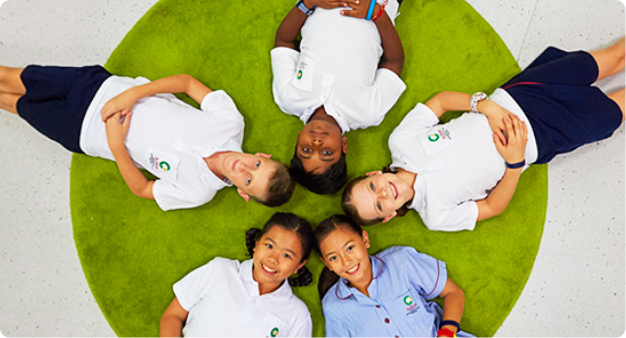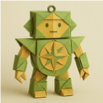STUDENT SUPPORT
Wellbeing In The
Classroom
We support our students in leading meaningful and fulfilling lives, cultivating what is best within them, and developing a sense of optimism towards life.
In our quest to develop lifelong learners, we have updated aspects of our approach to student wellbeing and strengthened our existing practices in relation to the School’s RECIPE values.
We currently have fifteen Certified Mindfulness practitioners and we are increasing these numbers. We have developed professional development plans to further equip our teachers in this area.
Classroom Practices
Circle time
Our weekly Circle Time sessions enables students to air concerns, talk through issues and consider our PDH curriculum, all in a safe environment. They are taught to take turns and value the ideas of others, practise the skills of collaboration (listening, pausing, questioning, and presuming positive intentions) and reflect on the School’s RECIPE values.

What went well?
These regular sessions provide students with an opportunity to reflect on the positives from their week and take these ideas home to discuss with their families. This is a core practice in our teaching of Optimism.

Mindfulness
Our students have a regular quiet time to consider their breathing, ‘temperature’ (emotions) and thinking patterns. Some have mindfulness journals to help them monitor and track their emotions and objectively see the other influences on their choices. The school uses Apps to help teach students different methods of practising Mindfulness everyday.

Goal setting
In keeping with our Visible Learning approach, our students set goals throughout the term. They set learning goals at the beginning of each term, and they are taught to set mini-SMART goals throughout the week for specific aspects of learning like social development.

Positive Behaviour Management
Our teachers collaborate with the students at the beginning of the year to design their class’s behaviour management system. This allows them to be directly involved in the rewards and sanctions in their class environment, which increases responsibility and incentives to work towards individual and team goals. This also provides the class with a shared language of learning and learning behaviour, so that they can talk about any issues and concerns with confidence.

Optimism
With the help of staff training and a shared language of learning, we support our children to be more optimistic and less pessimistic.

PDH Curriculum: Play is the Way
Resources such as ‘Play is the Way’, ‘Six kinds of Best’, Digital Citizenship and ‘High Five’ are the types of strategies we use for developing friendships and solving friendship problems.

Staff Professional Development
To support our learning, our team accesses annual training and updates on:
- Positivity and optimism
- The Seven Domains of Wellness
- Growth mindset
- Hattie’s eight mindframes for Visible Learning
- Circle time and mindfulness
We are also interested in pouring energy into aspects of learning that make the greatest impact for our children. One of those is Collective Teacher Efficacy, where we work hard to refine our own collaborative skills as a team to make the best decisions possible for our children.




